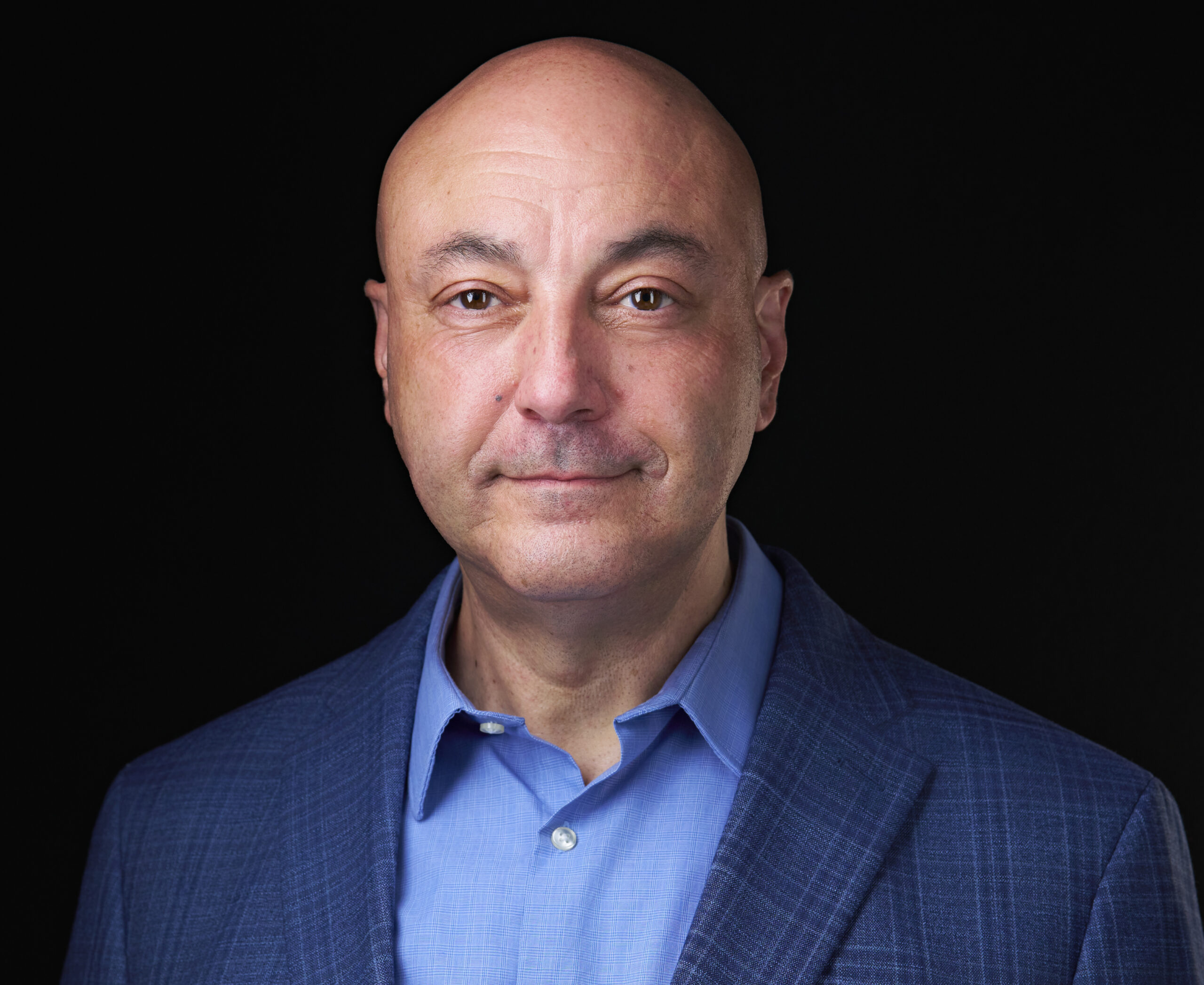Opinion | When It Comes to Workplace Safety, Don’t Forget the Perspectives of Younger Workers
My son joined the workforce last year. There’s something fascinating and sometimes downright amusing about watching a young person delve into the world of work, navigating unfamiliar situations and personalities, learning what all the angst is on tax withholding, not to mention discovering how fast those paychecks fly away.
Welcome to adulting, baby boy.
He works for a large national retail chain — one I know to be a respected employer with a top TPA. That was comforting for me when he was hired.
Still, I couldn’t help but toss in helpful tips about box cutters, safe lifting and, later, COVID safety. “I know, I know,” he said with an eyeroll every time.
If you haven’t had the pleasure of living with a teenager, I assure you they know everything about everything — said with a matching eyeroll.
So, I was alarmed when almost a year later, stories of past incidents began to emerge. Like the time he hurt his wrist unloading deliveries and it still hurt weeks later. Or that time he slipped and fell and hit his head in the stock room, hard enough to see stars, so to speak.
He could’ve been concussed. I had no idea. Nor did anyone else.
I asked if he’d notified his supervisor after any of these incidents. He had not. Why on earth not? So many reasons. My favorite was, “I didn’t want them to check the camera and see how stupid I looked when I fell.” I was speechless. I’ll admit I didn’t see that one coming.
When I thought about it later though, I realized I was looking through my own lens, not his. My son’s comment sounded ludicrous. But is it, in the world he understands?
His world has always been populated by opportunistic cyber bullies, ready to exploit a bad moment, even a seemingly private one, and let the public humiliation fly.
Are there other young workers who might’ve responded the same way after suffering an injury? The thought is unsettling.
It’s a given in workers’ compensation that people who are newer to the job are most at risk of injury. They’re simply not as well trained or savvy, in many cases.
Is this risk amplifying before our eyes?
What other generational shifts in perspective could be potentially impacting our ability to keep young workers safe? These inexperienced young people are the ones we’re increasingly depending on to fill so many talent gaps. But we need them at work, not home recovering from injuries.
Perhaps it’s a good time to reflect on those differences and work harder at understanding who GenZ is. From years of observing my son and his friends, I would say they don’t think like us (and by us, I mean GenX and older). Their priorities and values are not the same. And their inclination to follow rules is often directly tied to understanding the “why” behind it.
Are our current safety training tools and procedures a good fit for the youngest in our workforce? Talking to our young workers is an excellent place to start.
Our job is to figure out what we should be asking, and how to use what we learn. Wishing all of our workers, especially the young ones, a very safe summer. &










